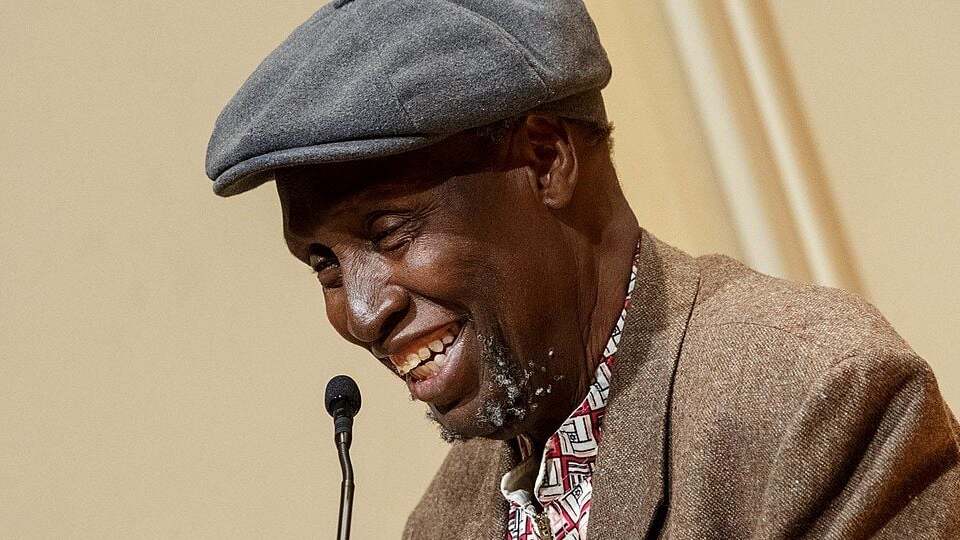
Kenya: A Tribute to Ngugi wa Thiong'o, a Beacon of Literary Resistance and African Emancipation
Kenya is in mourning. The renowned writer and intellectual Ngugi wa Thiong'o, an emblematic figure in the struggle for decolonization and African culture, has passed away. His voice still echoes through the halls of history, a rallying cry for social justice and the emancipation of African peoples. Ngugi did not just write; he delved into souls, challenged consciences, and reminded everyone of the importance of asserting our identity in the face of our colonial legacy.
Ngugi wa Thiong'o: a beacon of literary resistance
Born in 1938, Ngugi lived through the tumult of Kenyan decolonization. His journey, punctuated by struggles, detentions, and political commitments, demonstrates his dedication to the Pan-Africanist cause. In his works, whether written in Kikuyu or English, he always sought to give back to Africans the stories that had been stolen from them. For him, literature was a fundamental weapon, capable of overturning the paradigms imposed by colonizers. By rewriting African narratives , he offered future generations a body of work that is much more than just a library of books: it is an invaluable political and cultural legacy.
From setbacks to recognition: Ngugi's tumultuous path
His journey was not always smooth sailing. Arrest, imprisonment, exile: Ngugi paid a heavy price for his beliefs. He found himself behind bars after writing a play, "Ngaahika Ndeenda," which openly criticized the current political regime. His refusal to compromise with the powerful was his greatest asset, but also an obstacle to his career. By choosing to renounce writing in English to express himself in Kikuyu, he not only affirmed his identity but also gave a voice to those who, like him, had been rendered invisible by colonial rule.
An invaluable legacy for new generations
Ngugi wa Thiong'o leaves behind a monumental body of work that continues to inspire many writers and intellectuals across the continent. His commitment to the right to education in African languages resonates particularly today, as the world faces a cultural identity crisis. In paying tribute to this author, Kenya and all of Africa must not only mourn the loss of a man, but also celebrate the richness of a spirit who dedicated his life to the struggle for a better future.
As tributes pour in, it's time to remember that Ngugi wouldn't agree to his legacy being frozen in time. Rather, he's reportedly encouraging the revolt and innovation of today's young writers. For, remember, the pen is always mightier than the sword, especially when used to defend the dignity and culture of a people.



Leave a comment
This site is protected by hCaptcha and the hCaptcha Privacy Policy and Terms of Service apply.